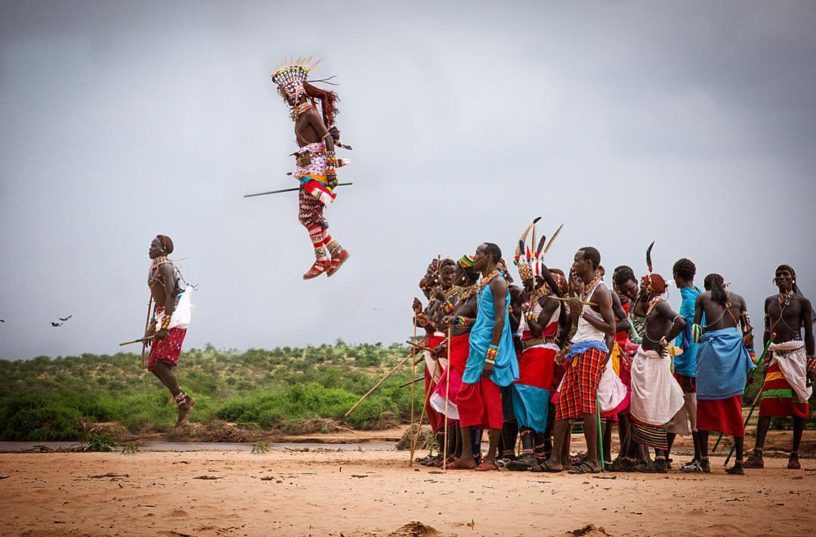- To counter-cultural erosion, it is vital to reinforce and celebrate the positive traditions that have defined Kenyan culture throughout history.
Kenya boasts a diverse cultural heritage, with numerous ethnic groups contributing to its unique identity. However, globalization, urbanization, and shifting societal norms have eroded specific traditional values.
This article emphasizes the importance of recognizing and preserving the positive elements of Kenya's culture while addressing the negative aspects.
Globalization and societal changes have threatened the cohesive fabric of Kenya's cultural tapestry. Negative influences such as corruption, tribalism, and gender-based discrimination have gained prominence, posing a risk to the nation's cultural heritage.
To counter-cultural erosion, it is vital to reinforce and celebrate the positive traditions that have defined Kenyan culture throughout history.
This requires a collective effort to identify and promote cultural practices that foster unity, respect, and inclusivity. Positive values like communal harmony, hospitality, and environmental stewardship can guide future generations.
Read More
Education plays a crucial role in shaping cultural perspectives. Integrating cultural studies into the national curriculum can instil pride and understanding of diverse traditions.
Additionally, awareness campaigns through various mediums, such as media, community events, and online platforms, can highlight the beauty of Kenya's cultural heritage, emphasizing the positive aspects that bind communities together.
Preserving culture is a responsibility shared by all. Communities across Kenya should actively engage in initiatives that promote positive cultural practices.
This can involve organizing cultural festivals, traditional music and dance events, and inter-community dialogues to foster understanding and collaboration. When communities take ownership of their cultural heritage, it becomes a source of strength and resilience.
While technology can contribute to cultural erosion, it can also be harnessed as a powerful tool for cultural preservation.
Utilizing digital platforms to showcase positive aspects of Kenyan culture, sharing success stories, and creating online spaces for cultural discussions can reach a wider audience, particularly the youth, who are often at the forefront of cultural evolution.
Political and community leaders play a significant role in shaping the cultural narrative. By advocating for policies that promote cultural preservation, condemning harmful practices, and actively participating in cultural events, leaders can set an example for the nation.
This top-down approach can create a ripple effect, influencing societal attitudes towards a more positive cultural ethos.




-1772102940-md.jpg)


-1772090413-1772095461-md.jpg)


-1772102940-sm.jpg)

